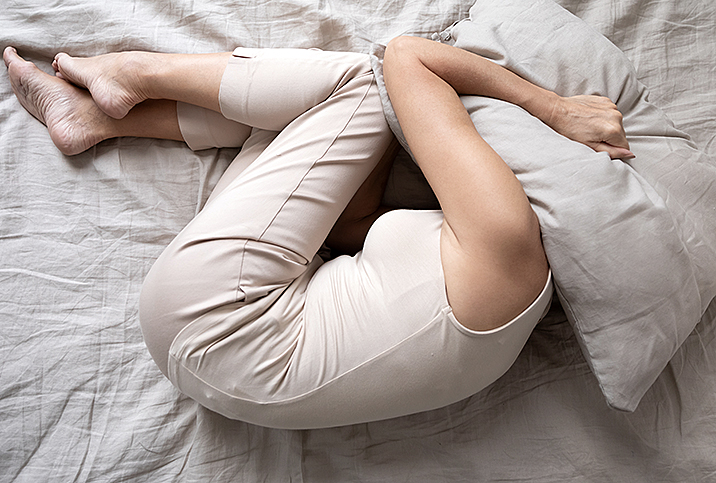How to Manage Postpartum Depression

It’s normal for a woman to feel extremely sensitive and emotional after having a baby. She may be joyous one moment and bereft the next. These “baby blues” are common, even expected, and occur as a result of hormones that are fluctuating and trying to rebalance after a woman gives birth.
However, when the baby blues persist for weeks or even months, they can transform into full-blown postpartum depression, a severe, long-lasting form of depression characterized by intense symptoms that may include overwhelming fatigue, excessive crying, severe anxiety and difficulty bonding with the baby, among others. A related condition is postpartum anxiety disorder.
Postpartum depression affects up to 1 in 7 women, according to the American Psychological Association. Knowing how to successfully manage it can help you get through a difficult period and allow you to focus more on your baby, your family and even yourself.
Ups and downs are normal
The first important step you can take to cope with postpartum depression’s emotional ups and downs is to acknowledge they are normal. Your estrogen and progesterone levels decline dramatically after you give birth, and oxytocin levels go up. This chemical change is the main driver of mood changes that contribute to the intense sensitivity and emotional range women feel after giving birth.
In addition, take time to educate your family and friends about why this is happening, so they also understand that what you’re going through is normal.
Start exercising again
Exercise increases blood circulation throughout the brain and body, which reduces stress and regulates your mood and hormones. After your doctor gives you the green light, try to fit exercise into your busy schedule—even if it’s only for five minutes a day.
Exercise also increases your confidence and can make you feel mentally and physically stronger as you continue to recover. Walking, deep breathing and Kegels (repeatedly contracting and relaxing the muscles of the pelvic floor) are a few of the exercises that are typically considered safe to do after childbirth.
Be sure to communicate with your medical practitioner before you attempt any possibly strenuous activity.
Eat healthy foods
Just like exercise, the right foods can increase blood circulation to regulate your hormones and mood. Certain foods can also boost your energy and accelerate your recovery after childbirth. Nutritional deficiencies associated with postpartum depression include omega-3 fatty acids, folate, iron and zinc. Nuts, beans, fatty fish and vegetables are some of many healthy foods you can eat to ward off postpartum depression.
Ask your doctor or dietitian for help developing a healthy meal plan that benefits both you and your baby, especially if you’re breastfeeding.
Get help with breastfeeding
Women who struggle with breastfeeding during the first two weeks after childbirth are more likely to develop postpartum depression than women who don’t experience breastfeeding issues, according to a study published in Obstetrics & Gynecology.
If this is your first time breastfeeding, you may find it more difficult than you anticipated. If you’re struggling with breastfeeding, get help from your doctor, a midwife or a lactation consultant, watch instructional videos online, or join a breastfeeding class or support group that provides useful tips and pointers.
Don’t be a superwoman
Caring for a baby is challenging enough on its own without also having to manage a career, household and family.
Postpartum depression can worsen if you allow yourself to get overwhelmed about not being able to work or clean the house. Understand that it’s OK to put these responsibilities on hold for the time being. Perhaps you can ask other family members to step up and get the important jobs done.
As time passes, you’ll gradually establish a new routine that allows you to take on more responsibilities while also caring for your baby and yourself.
Don’t face this alone
If you find that you are unable to cope with postpartum depression on your own, get help from your healthcare provider right away. Left untreated, postpartum depression can have life-threatening consequences for both you and your baby.
Common treatments for postpartum depression include psychotherapy and antidepressants, both of which can be complemented with healthy lifestyle behaviors. And all kinds of support groups are just a few characters away on a search engine. Support can come from friends and family, but support groups provide the comfort of strangers who have walked in your shoes, and triumphed.

















